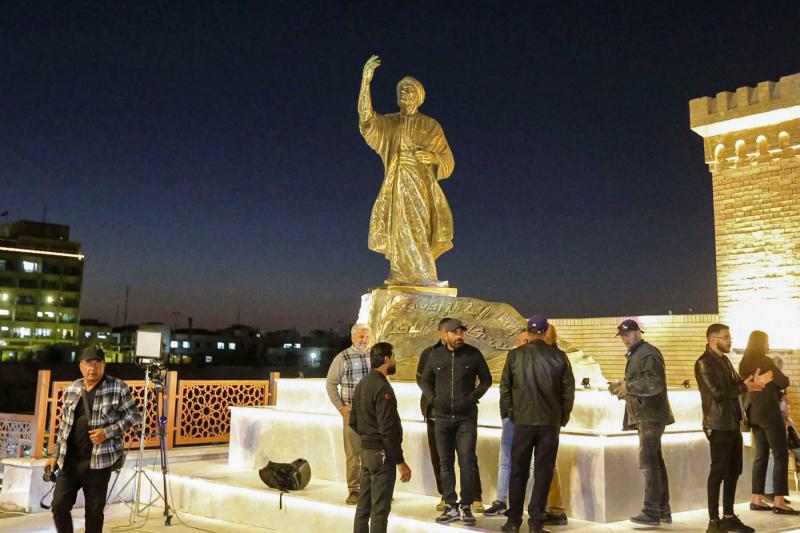
ADVERTISEMENT - CONTINUE READING BELOW
The Arab World’s Greatest Poet
Abu al Tayib Ahmad ibn Hussayn, AKA Al Mutanabbi (915 – 965) is the most influential and prominent Arab poet, and his verse is widespread and proverbial throughout the Arab world. Most of his work was odes to patrons, but he was an egomaniac who managed to turn a significant portion of his panegyrics into odes to himself, his talent, and his courage. However, he crafted it with such consummate skill and artistry that he is commonly deemed to have attained a pinnacle unequaled in the Arabic language before or since.
He exhibited a precocious talent for verse that won him a free education. In his childhood, the Qarmatians, a heretical cult that combined Zoroastrianism and Islam, began to pillage the Middle East, and in his teens, the budding poet joined them. He claimed to be a Nabi, or prophet, and at age seventeen, he led a Qarmatian revolt in Syria. The rebellion was suppressed and its teenage leader was captured and imprisoned until he recanted two years later. The Nabi claim earned him the derisory nickname Al Mutanabbi, or “would-be prophet”, by which he is known to history.

